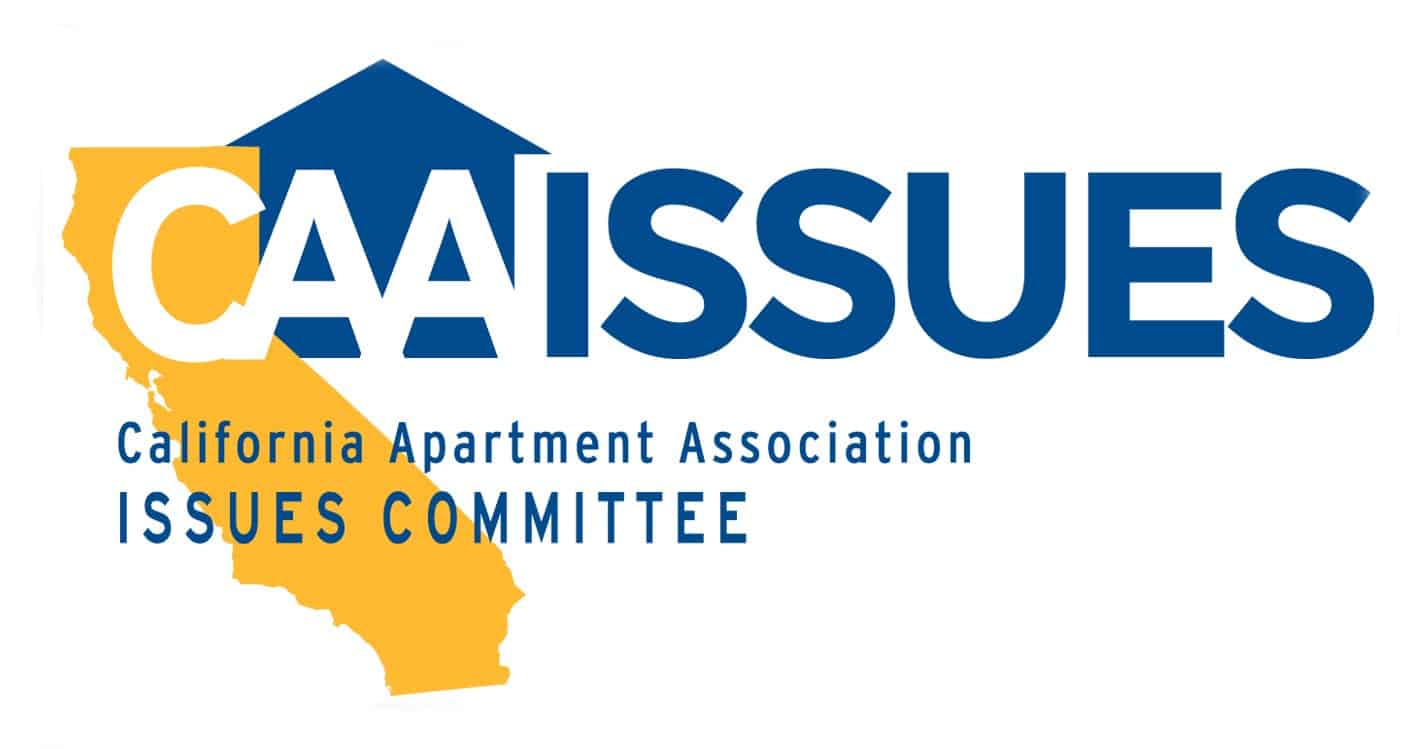Rental owners are vital to housing California families. Learn how to do it right
In California, the life of a rental housing provider involves much more than providing property tours, handing over house keys, and collecting the rent. To succeed, owners must put in time, money, hard work, and have a willingness to learn and keep learning. In the following paragraphs, we’ll review some basic tips to help novice rental housing providers stay on the right track while avoiding common pitfalls.
1. Take your role seriously
While owning rental homes or apartments may be considered a source of passive income, success in this business requires hard work and dedication. To succeed, you’ll need to adhere to local, state and federal laws, attract and keep good tenants, and stay on top of maintenance and repairs. Owning and managing property should be treated just as one would treat any other job: with seriousness, respect, and commitment.
“Customers tend to remain loyal to businesses that they trust, which gives ethical businesses a competitive edge in the marketplace,” said Monica Deka, compliance and legislative counsel for CAA, during the association’s recent Landlord 101 webinar. “When members of the public feel that they are not being treated fairly by businesses, they complain to their elected officials who respond by imposing more laws on these industries.”
2. Be realistic about the costs
Failing to anticipate the considerable costs of offering rental housing can lead to headaches later. Regular maintenance and repairs (expected and unexpected), landlord insurance, taxes, and legal fees all add up. And don’t forget pest control, new appliances, and advertising vacancies. The unexpected, or even unthinkable, can tank an unprepared novice landlord. Who saw COVID-19 and endless eviction moratoriums coming? All these factors require budgeting and maintaining enough cash on hand. Cash flow is the lifeblood of any rental business, and proper budgeting is key to avoiding financial difficulties. Unforeseen maintenance costs or repairs can eat away at a landlord’s finances if they aren’t prepared. Abrupt changes in tenant occupancy can also bring unexpected losses.
3. Be prompt and fair with repairs
“Maintenance complaints are the most frequent causes for resident dissatisfaction and move-outs,” Deka said. “All requests should be handled in the order in which they were received – with the exception of emergency requests — to avoid the perception of unfairness and claims of discrimination.”

To rein in costs, California landlords may be tempted to take on major do-it-yourself projects at the rental property, but it’s usually a bad idea. Big jobs should be left to licensed and bonded professionals, who are better equipped to handle complicated tasks like plumbing and electrical work. Other complex projects, such as a full-scale remodel, should also be left to professionals. Trying to save money on a big project could leave you with costly mistakes that take more time and effort to correct and could lead to resident liability issues.
4. Be consistent with tenant screening
Tenant screening is an essential part of running a successful rental business. An effective screening process includes running credit checks, verifying income and employment and contacting references, such as their former landlords. By thoroughly researching potential tenants, landlords can better understand a tenant’s financial ability to pay rent on time and their personal habits as they relate to taking care of the property. You must have a consistent policy and apply it to all applicants without bias. This ensures that you are providing fair housing and treating all applicants equally. When it comes to criminal background checks, proceed with caution. In California, it is illegal for rental property owners to have blanket policies against renting to tenants with criminal histories, and some cities prohibit the use of criminal background checks during screening.
“At this time, CAA does not recommend the use of criminal background checks except in consultation with an experienced Fair Housing attorney,” Deka said. For help with tenant screening, consider CAA’s screening partner, RentSpree.
5. Stay abreast of changes in the law
It is essential that landlords stay up to date on all federal, local and state rental housing laws in order to remain in compliance and foster a reputation as law-abiding, ethical rental housing providers. Landlords face a rapidly changing landscape of state and local landlord/tenant laws, and such laws can vary from city to city, particularly when it comes to issues such as rent control and “just cause” eviction rules. It is also important to be aware of upcoming legislation that may affect how you run your rental business.
“It is everyone’s responsibility to know and abide by the law,” Deka said. “A plea of ignorance is a poor defense in court. It is often the unethical actions of a few landlords that trigger costly and time consuming legal, legislative, and regulatory actions against all members of the rental housing industry.”
CAA helps its members succeed by offering a wide range of business and educational tools, including rental housing industry news, rental forms that are continually updated to comply with current laws, webinars covering all aspects of managing rental properties in California, and Industry Insight background papers providing legal information at caanet.org. For more information on CAA’s Landlord 101 course, click the button below.
